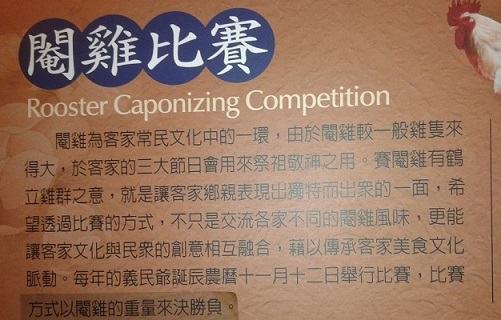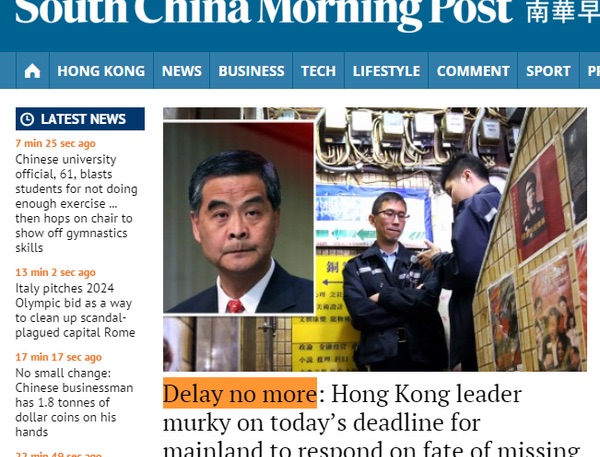In "Correlated lexicometrical decay", I commented on some unexpectedly strong correlations over time of the ratios of word and phrase frequencies in the Google Books English 1gram dataset:
I'm sure that these patterns mean something. But it seems a little weird that OF as a proportion of all prepositions should correlate r=0.953 with the proportion of instances of OF immediately followed by THE, and it seems weirder that OF as a proportion of all prepositions should correlate r=0.913 with the proportion of adjective-noun sequences immediately preceded by THE.
So let's hope that what these patterns mean is that the secular decay of THE has somehow seeped into some but not all of the other counts, or that some other hidden cause is governing all of the correlated decays. The alternative hypothesis is that there's a problem with the way the underlying data was collected and processed, which would be annoying.
And in a comment on a comment, I noted that the corresponding data from the Corpus of Historical American English, which is a balanced corpus collected from sources largely or entirely distinct from the Google Books dataset, shows similar unexpected correlations.
So today I'd like to point out that much simpler data — frequencies of a few of the commonest words — shows some equally strong correlations over time in these same datasets.
Read the rest of this entry »
 For my language column in the Wall Street Journal this week, I describe how some alien-speak in "Star Wars: The Force Awakens" ended up being created by a young Finnish YouTube sensation, tailor-made for Indonesian actors. We could call it "Finn-donesian," though the character Finn doesn't actually speak it. Rather, the dialogue was designed for the Kanjiklub gang, who briefly face off against Han Solo and Chewbacca on a space freighter packed with slithery Rathtars.
For my language column in the Wall Street Journal this week, I describe how some alien-speak in "Star Wars: The Force Awakens" ended up being created by a young Finnish YouTube sensation, tailor-made for Indonesian actors. We could call it "Finn-donesian," though the character Finn doesn't actually speak it. Rather, the dialogue was designed for the Kanjiklub gang, who briefly face off against Han Solo and Chewbacca on a space freighter packed with slithery Rathtars.





